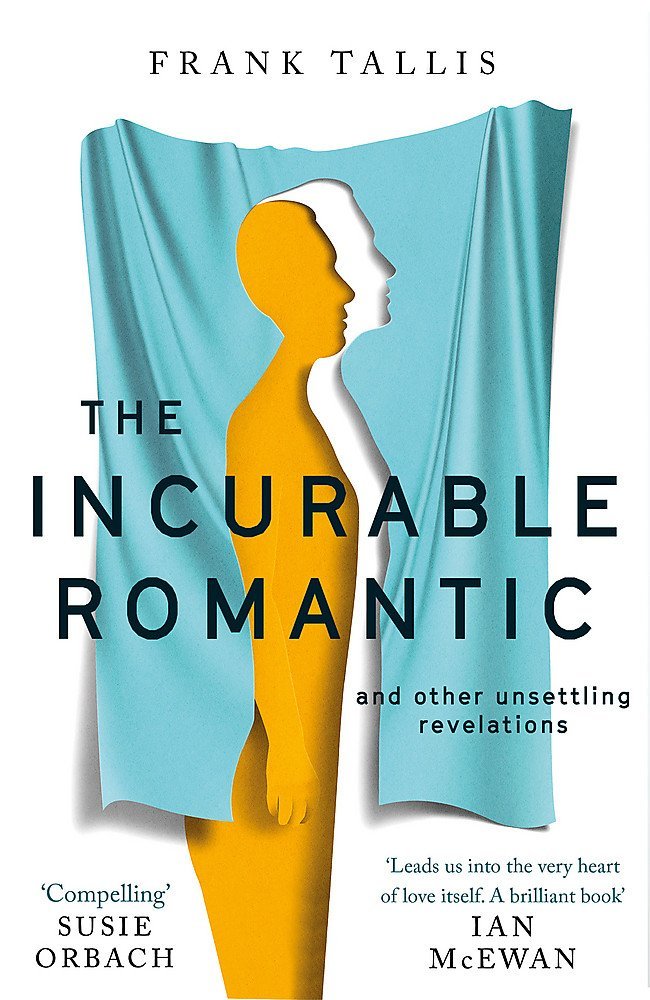frame 19 December 2021
Interview with CHEERIO Scholar Roisin McAweaney
by Rebecca Harrison
Roisin McAweaney, the first recipient of the CHEERIO Scholarship for Writers with Low Income, completed the Curtis Brown Creative’s six month Writing Your Novel course earlier this year. Subsequently, on the strength of the work and ideas developed around her debut novel-in-progress, Salted Caramel, McAweaney was signed by C&W’s Katie Greenstreet. She spoke to writer Rebecca Harrison about social media, modern love and McAweaney's upcoming novel.
Roisin McAweaney (L) and Rebecca Harrison
Salted Caramel follows the downward spiral of a woman as she becomes increasingly obsessed with her ex-boyfriend and his new influencer girlfriend, Candy Cane.
"When one pictures a stalker, one imagines a trench coat. One imagines a poor disguise. One imagines someone hiding in the bushes. Turns out, these wide sweeping generalisations aren’t so far from the truth. What I'm trying to tell you here, is that I was hiding in a bush.”
Salted Caramel is both a thriller and a comedy. The protagonist is insane, yes, but in the ‘hopelessly romantic’ way that allows love to “dissolve the line between madness and lucidity”. It is ‘your usual, run of the mill, socially accepted insanity.’
The novel tips its world out of balance: love becomes obsession, following becomes stalking, and self-control escalates into self-sabotage. Yet empathy never quite becomes psychopathy. As McAweaney tells me, her protagonist’s problem is: “she just feels everything. She’s feeling it too much.”
As McAweaney and I sat down to discuss her novel, the CBC course, and modern love, I asked her where the idea for Salted Caramel had come from.
“I was probably thinking about it for about a year before I finally put pen to paper… It was a really simple idea. I thought; it must suck if your partner dumped you and started going out with someone famous.”
McAweaney throws out a disclaimer: “I never thought that I was going to write a commentary on social media. That was never a thought in my head. It was just how it unraveled as I wrote.”
It is a way of upping the ante. Take the influencer character, Candy Cane, for example. As McAweaney says, “it’s bad enough that we get five updates a year on an ex and it’s crap. But if it’s an influencer it’s 25 a day.”
She tells me the writing is going well, which seems like a relief. “The last two months were a bit tricky,” she admits, “I experienced my first creative block and I think I just put too much pressure on myself… I was freaked out because I was worrying too much about the future.”
It seems characteristic of McAweaney that her successes initially inspire a mild level of panic. When I ask how she found the experience of the Curtis Brown Creative Course, she tells me that applying was a spur-of-the-moment decision: “I never ever thought I would be accepted and when I was, I freaked out a bit. I’d always been a bit embarrassed – worrying that what I was writing was probably shit but I was also worried that studying might take away the love I had for my ideas. But then I did the course and it was fantastic. I had a really supportive group and really interesting tutors. Just being surrounded by people who love writing as much as I do and sharing our work with one another – it was the first time ever that I began to take writing seriously. We shouldn’t need these external things to legitimise our pursuits, but the course really did for me – it gave me a lot of confidence.’
It also provided McAweaney with a writing group, comprised of course mates who have all stayed in contact. The ability to share work and the process of workshopping have been crucial in the development of Salted Caramel: “As I began to write it, I began to explore past feelings that I’d been ashamed of. I put these feelings to my workshop group and people would go, “Oh, I felt like that!” And I realised that love, and maybe first love in particular, does make us all mental.
Hundreds of years ago, they would refer to it as love sickness. It was thought of as an illness –you know, how can we cure it? And I think this life altering power has been forgotten about a little bit.
About six months ago I was in the library and by chance I came across this book called the Incurable Romantic by Frank Tallis. He writes about how love dissolves the line between madness and lucidity. So, anyone who’s fallen in love has had a little touch of that madness – that idea has been a massive inspiration for the book. Love has the power to transcend and unravel you, and it can make you feel immortal and just really, really alive. And if you go in pursuit of it, it can be in the pursuit of madness."
I put to McAweaney that her protagonist is aware that she has no control over herself and is doing things - hiding in the bushes, for example - which she knows she shouldn’t be. But she’s not a psychopath: she just can’t help it.
“I think we all do it online, you know, we all do what we shouldn’t be doing. But I think the temptation of it is just so massive. Halfway through the course I thought I’d change track and make her a bit of a psychopath. But that wasn’t it. We’re seeing so many depictions of female psychopaths but what about the empath? This woman, her problem is she just feels everything. She’s feeling it too much.”
I wondered how much research she had to do into social media influencers for the character Candy Cane.
“Huge amounts! I spent all summer doing research, so I know so much now. And it’s scary. As soon as you look into it, you can find out the areas people live in, and I'm sure if you tried hard enough you could find out where they live. The amount you can find out and the amount of useless information I know – it feels creepy…I know the names of all these influencers’ Dads, even where their Dads grew up...”
There is a sense that McAweaney’s protagonist in the novel is enabled by her social media usage. Interestingly though, McAweaney notes that sometimes it isn’t social media that affects us, but rather a human instinct to dwell in the past. She gives the example of someone reading over old messages to and from an ex:
“I'm going to reread them like a script and see where it went wrong. And I'm going to send it to my friends. We’re going to dissect it together. Every time you post or every time you look at a post, you are looking at something in the past. It’s this obsession with the past.”
We acknowledge the necessity of social media in everyday life. Its usefulness when it comes to events and social congregation, its celebratory nature, its social conviviality. It is a tool for so much good. As McAweaney says, ‘We’re using social media as a tool to hurt ourselves when we don’t need to…but there are levels of hygiene that we can use around it. Use that mute button! Use that block button!”
Roisin McAweaney hopes to release Salted Caramel next year. Until then, if we want more of her insights on love, obsession and human nature, we will have to wait.




